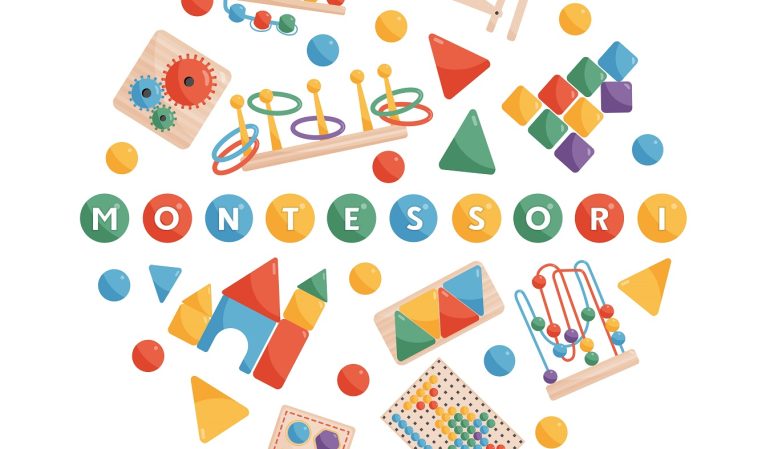
Introduction: Weighing Your Options
When it’s time to set the groundwork for our kids’ education, parents often find themselves at a crossroads: Montessori nursery or traditional preschool. Both avenues offer distinct paths, each laden with its share of pros and cons. In this insightful piece, we embark on a journey into the world of Montessori education and traditional preschools, dissecting their philosophies, methodologies, and outcomes. By grasping the nuances of each approach, parents can chart a course that resonates with their child’s unique needs and learning proclivities.
Understanding the Montessori Approach
At the heart of the Montessori method, conceived by Dr. Maria Montessori in the early 20th century, lies the conviction that children are innately inquisitive and eager learners. This educational ethos champions independence, with a framework that respects a child’s pace of growth. Step into a Montessori nursery, and you’ll find meticulously curated environments designed to foster exploration and hands-on engagement. Here, children wield the power to select activities from an array of materials, nurturing self-directed learning and intrinsic motivation.
Unraveling the Benefits of Montessori Nurseries
Montessori nurseries boast a repertoire of advantages catering to young minds’ holistic development. A standout feature is the emphasis on experiential learning, bolsters cognitive, motor, and sensory skills. Montessori instills a sense of self-reliance and assurance by granting children autonomy to navigate their educational journey. What’s more, the amalgamation of age groups in Montessori settings cultivates an ecosystem of peer learning and cooperation, honing vital social competencies like empathy and effective communication. Studies also tout the academic prowess, problem-solving acumen, and creativity demonstrated by Montessori alumni.
Exploring the Landscape of Traditional Preschools
In stark contrast to the Montessori ethos, traditional preschools adhere to a structured curriculum, characterized by teacher-led activities and collective learning. These establishments zero in on priming children for formal education, with a focus on foundational skills such as alphabet recognition and numerical literacy. While traditional preschools offer a sense of familiarity and orderliness, critics voice concerns about potential constraints on children’s imaginative faculties and independence. Nonetheless, traditional preschools often facilitate a seamless segue into kindergarten, appealing to parents seeking a standardized educational trajectory.
Making an Informed Decision for Your Child
The pivotal choice between a Montessori nursery and a traditional preschool hinges on an array of factors, including your child’s disposition, learning preferences, and specific requirements. Montessori environments thrive on self-directed exploration, catering to children who flourish in such settings. Conversely, traditional preschools suit youngsters who thrive in structured routines and explicit instructional frameworks.
In Conclusion
Both Montessori nurseries and traditional preschools present invaluable learning avenues for burgeoning minds. By delving into the distinctive philosophies and methodologies of each, parents can navigate the educational landscape with confidence. Whether you opt for the freedom of Montessori or the structure of traditional preschool, prioritize securing an environment that nurtures your child’s intellectual curiosity and fosters holistic development.